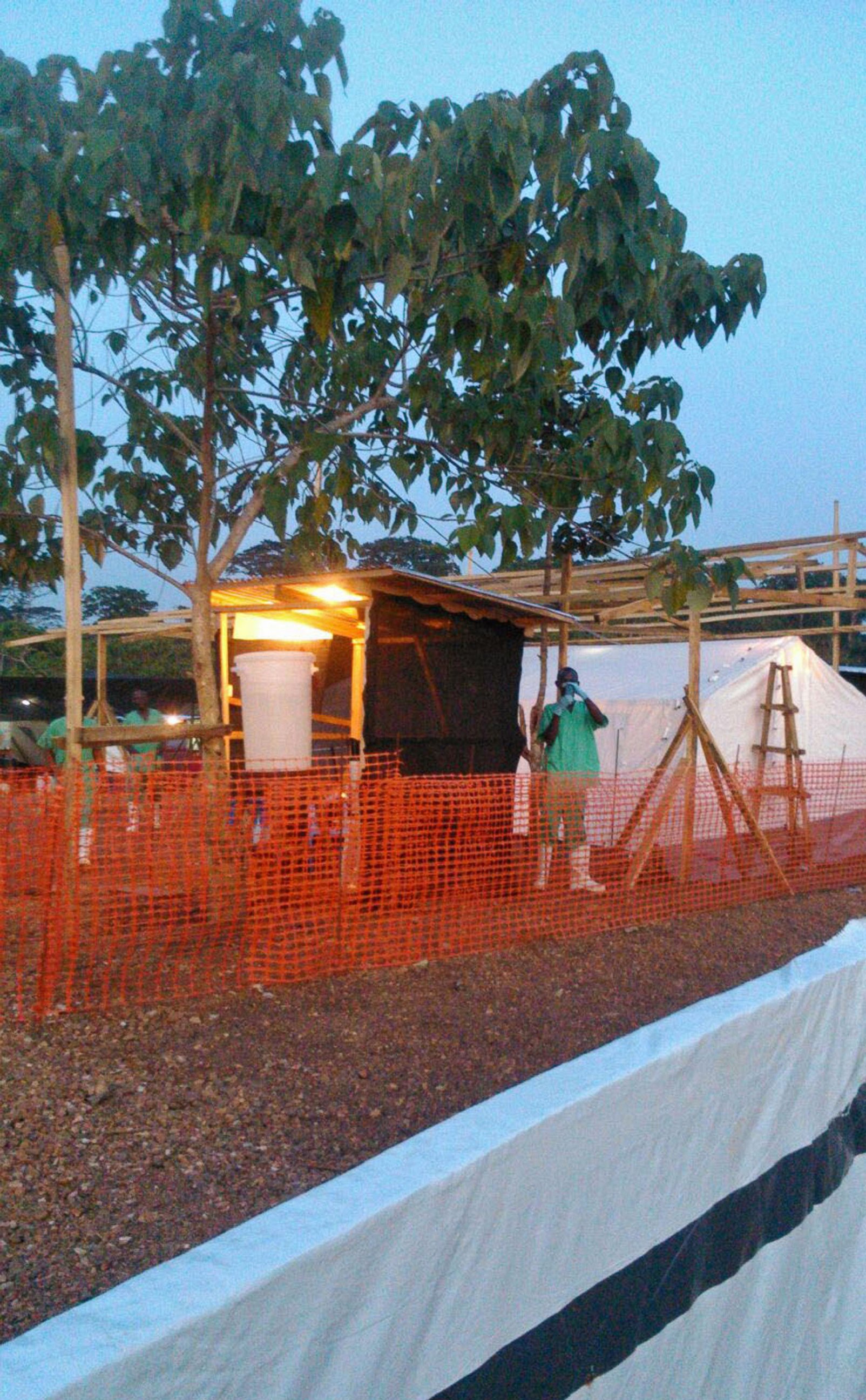Why We Don’t Have an Ebola Vaccine Yet
An Ebola outbreak in Africa has infected 1,323 people and killed 729 of them.
— -- Though Ebola was first discovered nearly four decades ago, there’s still no vaccine that’s regularly administered to humans to prevent it.
But why?
“There’s always the layperson’s query of ‘Why don’t they rush this?’ ‘Why don’t these guys work a little later at night?’” said Dr. Willian Schaffner, chair of preventive medicine at Vanderbilt University in Nashville, Tennessee. “It’s a little more complicated than that.”
Ebola-Stricken Doc Gives 'Experimental Serum' to Coworker
Peace Corps Pulling Volunteers From Ebola-Affected Countries
'Hero' Doctor Battling Ebola Spotlights Selflessness During Outbreak

Because Ebola cases are so rare, drug manufacturers hadn’t been interested in investing in finding its vaccine, Schaffner said. In addition, Ebola’s rarity makes it impossible for scientists to do field studies, which they were able to do with viruses like measles, which people were likely to be exposed to anyway because it was so common.
Before this current outbreak, there had been only about 2,000 cases in total since it was discovered in 1976, said Dr. Anthony Fauci, director of the National Institute of Allergy and Infectious Diseases at the National Institutes of Health.
However, the current Ebola outbreak in Africa has infected 1,323 people in three countries and killed 729 of them, making it the largest Ebola outbreak to date, according to the World Health Organization.
The dire situation in Africa has prompted more than 4,500 people to sign a Change.org petition to fast track Ebola vaccines and drugs within the U.S. Food and Drug Administration -- something that’s actually been in the works since March, Fauci said.
The NIH’s Ebola vaccine has been studied in monkeys and is set to begin its first phase I clinical trial in humans sometime in September, Fauci said. If it is successful, it will take until mid- to late-2015 before a limited number of vaccine doses would be ready to administer to health care workers, he said.
The clinical trial participants won’t be exposed to the Ebola virus, Fauci said. Instead, they’ll stay in the United States, where they’ll be given a dose of the vaccine and tested to see if their antibody levels match the levels shown in monkey studies to protect the monkeys from Ebola. Scientists will also be watching for adverse reactions to the vaccine to make sure it is safe.
Since the locals already fear the health care workers, wrongly blaming them for bringing Ebola to their villages, Schaffner and Fauci said making sure the vaccine is safe is extremely important.
“That’s the case whenever you have terror and fright and death and people being extraordinarily frightened of things they don’t understand,” Fauci said.



